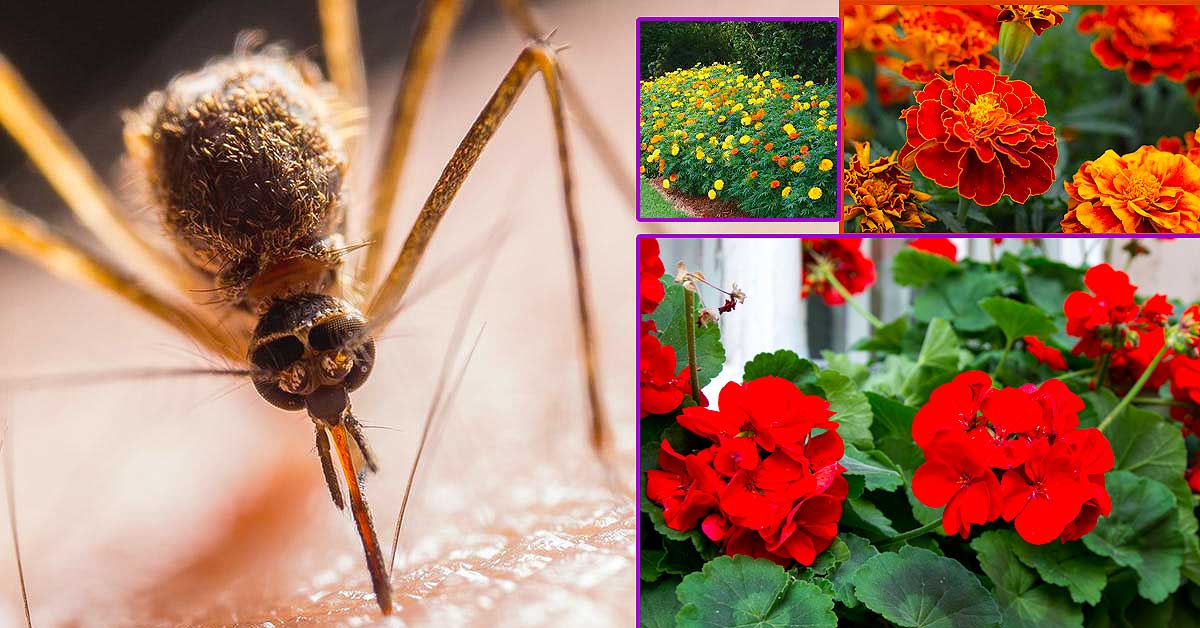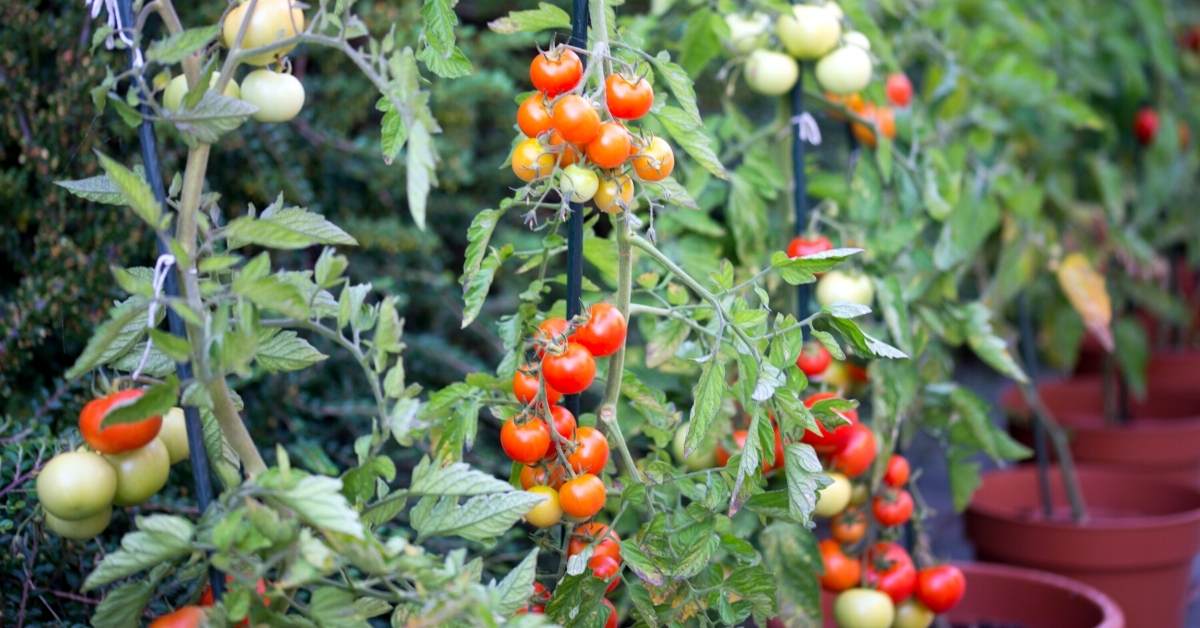Plants to repel mosquitoes are essential, especially in the hot summer days. Mosquitoes are a nuisance and can even be dangerous, carrying diseases such as malaria, dengue fever, and Zika virus. There are a number of ways to keep mosquitoes away, including using insect repellent, wearing long sleeves and pants, and staying indoors during peak mosquito hours. However, one of the most effective ways to repel mosquitoes is to plant mosquito repellent plants in your garden.
They suddenly appear uninvited, making a nuisance of themselves, inflicting discomfort in their innocent sufferers. Keeping mosquitos away from yourself, your guests, and most importantly, your children becomes the most critical task, especially with the continued rise in mosquito-caused illnesses.
Warding them off doesn’t have to involve harmful chemicals or a tacky-looking bug zapper, however. The next 10 plants have been specimens to add to your garden or flowerbeds to repel mosquitos naturally. As an excess bonus, a number of them have other culinary or household applications also.
1) Citronella grass as a Mosquito Repellent Plants
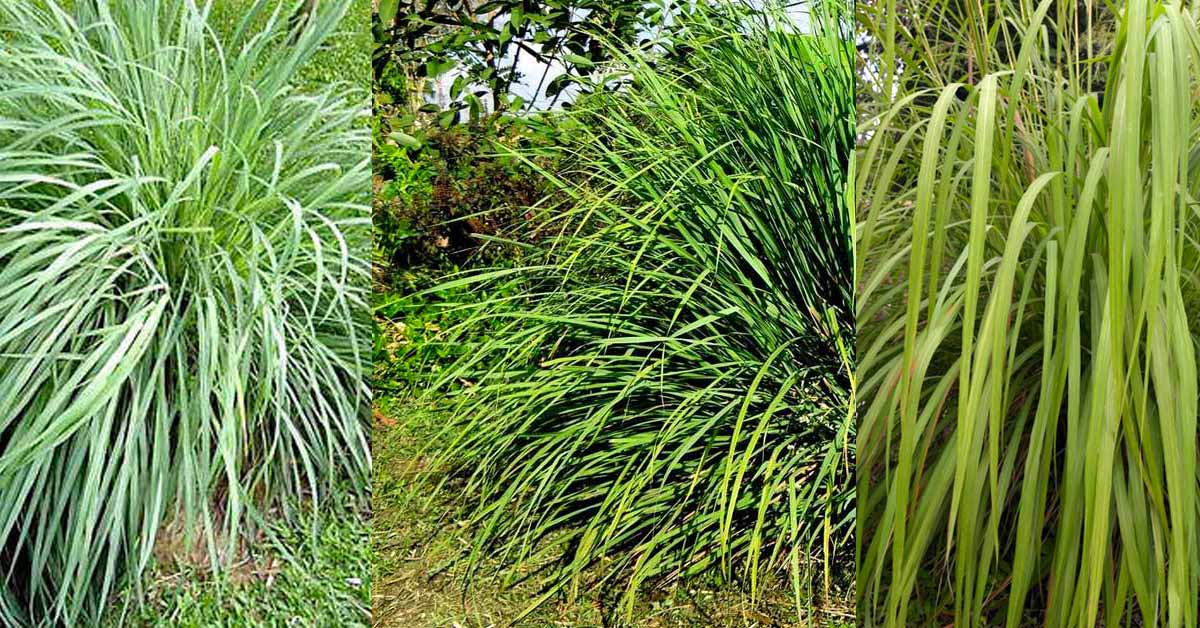
Most people know about citronella, more or less, and know that it is a frequently used component in mosquito-repelling products. What they might be missing with citronella is that it’s a gorgeous perennial grass that grows in clumps 5 to 6 ft tall and produces a powerful aroma.
It’s not difficult to grow at all. Besides that, its scent is way more powerful than manufactured repellents, which makes it a great plant to improve the environmental conditions to prevent mosquitoes.
You might also like this: 3 ways to grow Kale seeds
2) Marigolds to repel mosquitos
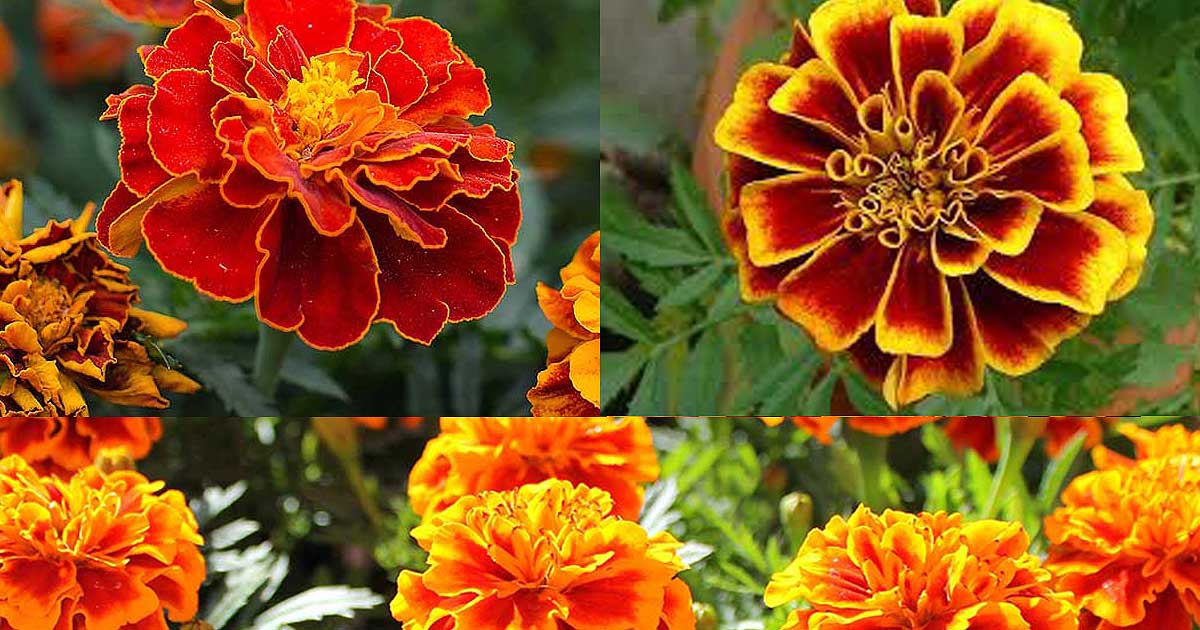
You might be wondering if there are any flowers to repel mosquitos. Yes. These unnaturally bright, yearly ornamentals include pyrethrum, a pure type of the chemical, pyrethrin that’s located in most commercial insect repellants.
Marigolds emit this botanical insecticide in their flowers, leaves, and roots. According to NewScientist, this unique smell — a characteristic of this volatile insecticide — is particularly toxic to mosquitoes that carry yellow fever and malaria.
You might also like that: How to avoid fungus during summer?
3) Geraniums are one of the successful plants to repel mosquitos
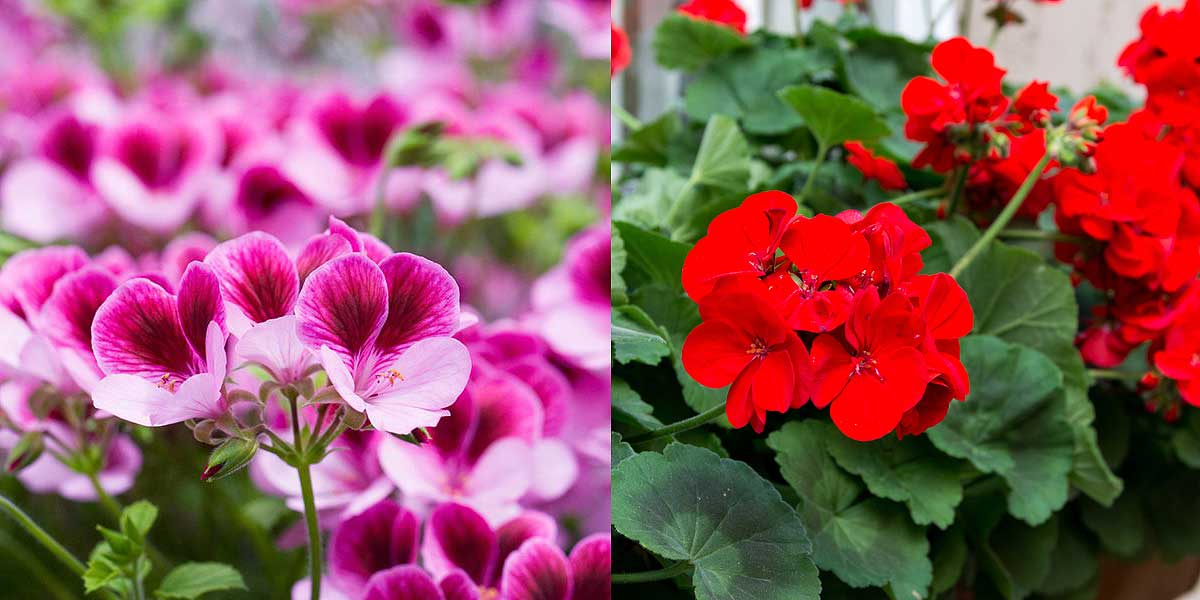
Scented geraniums have lovely, daring, fragrant blooms known for repelling mosquitoes and other insects. The floral odor is believed to be reminiscent of citronella grass and overpowers the mosquito’s ability to smell.
4) Garlic for mosquito invade
Eating tones of garlic every day will not prevent mosquitoes from bothering you, but sowing garlic in your backyard definitely helps. The natural odiferous chemicals given off from the plant are powerful enough to keep insects at a distance.
5) Peppermint – awesome insect and mosquito repeller
Both the scent and the flavor of peppermint plants deter mosquitoes and other insects. As an additional bonus, should you get bitten, MedicalNewsToday recommends using olive oil mosquito bites due to its cooling sensation on the skin; rub the leaves straight in an affected area for relief.
6) Lavender – Good for you, bad for mosquitos
Releasing the essential oils from the leaves of chamomile blossoms works as a natural and effective mosquito, deer, and several other animals repellent, while the scent gives off a calming fragrance for you.
Once recognized, lavender plants are all drought-tolerant and quite hardy. When you have issues with mosquitoes in the house, consider developing a potted lavender plant onto an indoor windowsill.
7) Rosemary – the scent of mosquito shield
Sure! Here’s an expanded version of the text:
One of the remarkable natural mosquito repellent plants is rosemary. Apart from its culinary uses, rosemary emits a delightful woody scent that mosquitoes find quite unpleasant. This characteristic makes it an excellent choice for keeping those bothersome insects at bay during the summer months.
Rosemary plants are known to thrive in warm and dry climates, making them suitable for regions with hot summers. They can tolerate periods of drought and do not require excessive watering, which adds to their low maintenance appeal. Whether planted in the ground or grown in containers, rosemary plants are versatile and adaptable to various gardening settings.
Not only are rosemary plants effective at repelling mosquitoes, but they also have the added benefit of attracting butterflies to your garden. The fragrant flowers of rosemary act as a magnet for these beautiful insects, creating a visually appealing and lively outdoor space. So, by incorporating rosemary into your landscape, you can contribute to the preservation of butterfly populations and enjoy their graceful presence.
Beyond its mosquito repellent properties and butterfly attraction, rosemary is highly valued for its culinary uses. The flavorful leaves of the plant are commonly utilized in a wide range of dishes, from roasted meats and vegetables to marinades and sauces. Adding fresh rosemary to your culinary creations not only enhances the taste but also provides a convenient and readily available herb right in your garden.
8) Catnip – Better than commercial mosquito repellers
Another plant from the mint family, catnip had been demonstrated by researchers at Iowa State University to become significantly better at repelling mosquitoes than DEET, the compound in most commercial repellents. The petroleum located within plants is even useful at considerably lower concentrations than DEET.
9) Basil – mosquito repeller veggie
When most men and women consider ginger, their mind thinks of its culinary applications in pesto and tomato-based dishes. However, this veggie is an effective mosquito deterrent also. The pungent odor deters insects. Basil grows well in containers or in the earth, which makes it a feasible option for individuals with no ability to garden traditionally.
Lemon balm – Give it a shot!
Another citrus-scented plant, aloe vera, is a fast-paced plant that’s simple for beginning gardeners to develop. It’s both drought- and shade-tolerant.
Here are other reliable resources to learn about mosquito and insect repellent plants: ncbi.nlm.nih.gov
FAQ
How do natural mosquito repellent plants work?
Natural mosquito repellent plants contain compounds, such as citronella, lemongrass, and lavender, which emit strong fragrances that mosquitoes find unpleasant. These plants act as a deterrent, keeping mosquitoes away from the area where they are grown.
Can I use these plants indoors to repel mosquitoes?
Yes, many of the natural mosquito repellent plants mentioned in the article can be grown indoors, such as basil, mint, and rosemary. Placing them near windows or entry points can help deter mosquitoes from entering your home.
Are these plants effective in repelling other insects besides mosquitoes?
While these plants are primarily known for their mosquito repellent properties, they can also help deter other insects like flies, gnats, and some types of ants. However, their effectiveness may vary depending on the specific insect species.
How should I care for these mosquito repellent plants?
Most of these plants require regular watering, well-drained soil, and adequate sunlight. It’s important to follow the specific care instructions for each plant mentioned in the article. Additionally, pruning the plants regularly can help promote healthy growth and enhance their mosquito repellent properties.
Can I use these plants as a standalone solution to eliminate all mosquitoes?
While natural mosquito repellent plants can help reduce mosquito activity in your surroundings, they may not completely eliminate all mosquitoes. To achieve better results, it’s recommended to combine the use of these plants with other preventive measures, such as removing stagnant water, using mosquito nets, and applying mosquito repellent on your skin when spending time outdoors.
